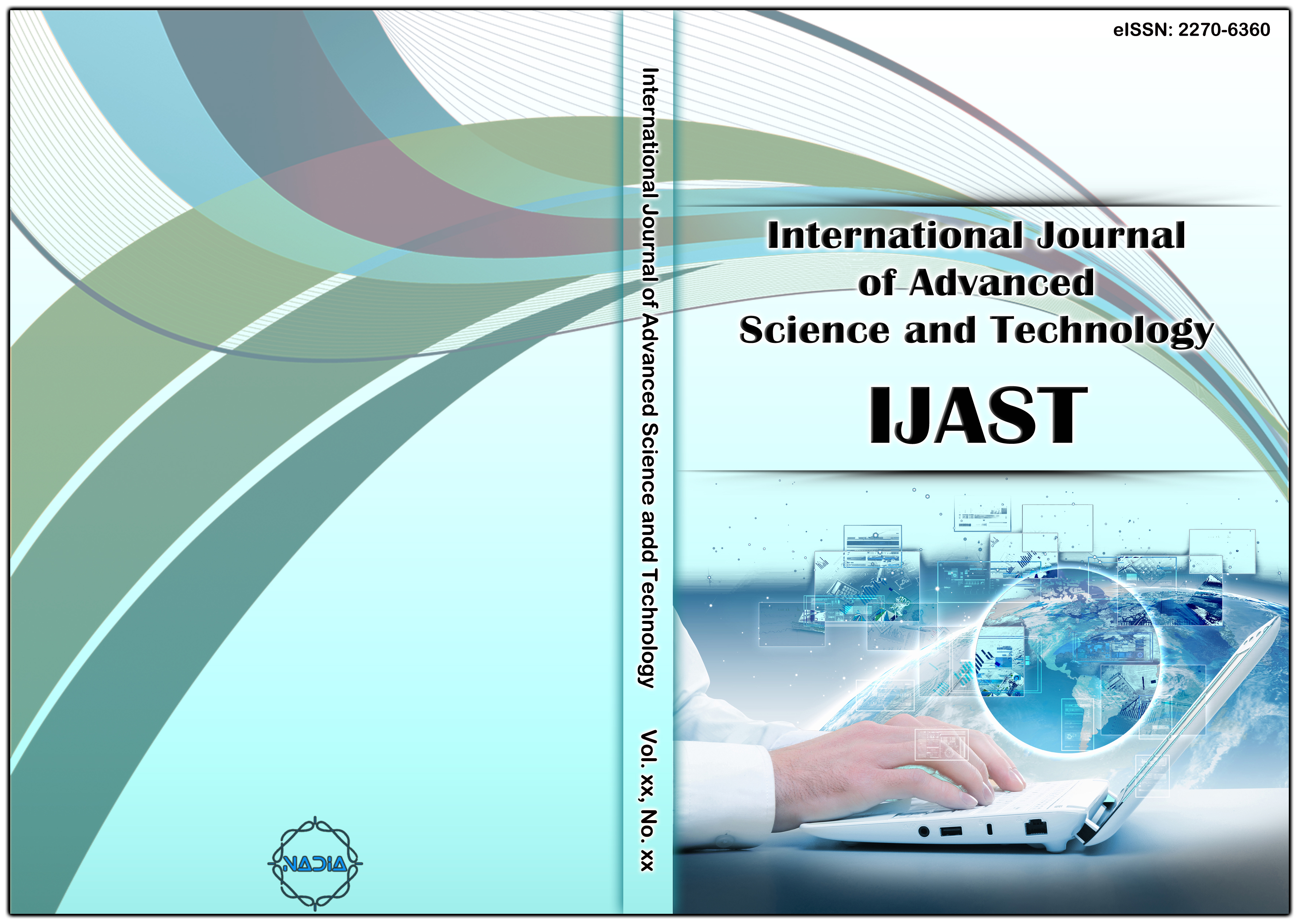GLOBAL EDUCATION, RESEARCH AND TECHNOLOGY FOR SUSTAINABLE DEVELOPMENT
Authors:
Forgive Kwadamah, College of Distance Education, Zenith University College Centre, University of Cape Coast, Ghana
Francis Pol C. Lim, SMC University, Bahnhofstrasse 20, 6300 Zug, Switzerland
Ebenezer Dzinpa Effisah, College of Distance Education, Papafio Hills, University of Cape Coat, Ghana
Siddique Abdul-Samad, Human Resource Directorate, University of Professional Studies, Ghana
